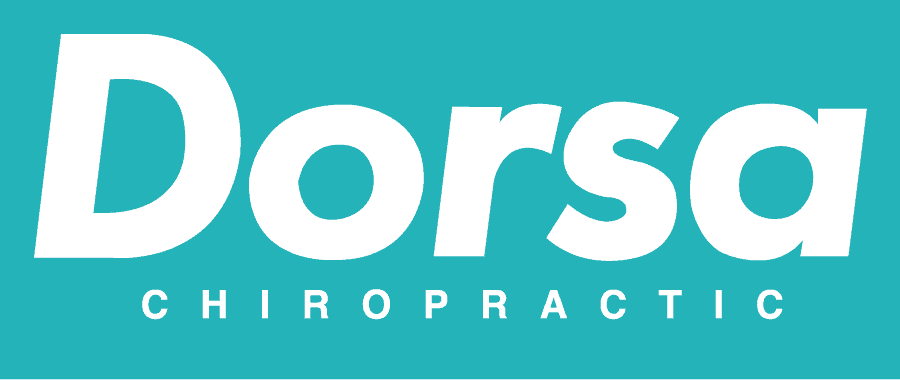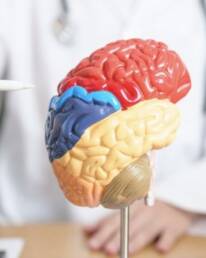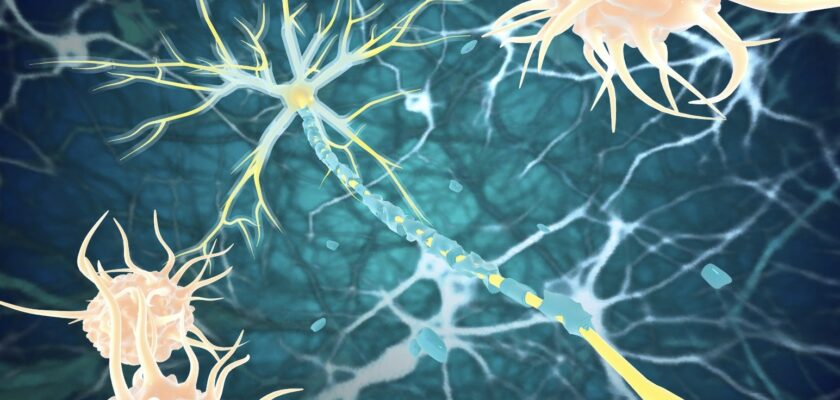In the dynamic landscape of healthcare, Dorsa Chiropractic stands as a beacon, pioneering the exploration of the intricate relationship between spinal health and brain function. Beyond its recognized expertise in musculoskeletal health, Dorsa Chiropractic delves into the fascinating realm of neurology, offering holistic care that extends to the very core of the nervous system. In this blog post, we embark on a journey to unravel the neurological effects of chiropractic care, examining the profound impact it can have on pain relief, proprioception, the autonomic nervous system, and cognitive function.
Understanding the Spine-Brain Connection
The spine is not merely a structural support for the body; it plays a crucial role in housing and protecting the spinal cord – a vital component of the central nervous system. The central nervous system, comprising the brain and spinal cord, controls and coordinates every function in the body. The spine and brain communicate through an intricate network of nerves, and disruptions in this communication can have far-reaching effects on overall health.
Chiropractic care, with its emphasis on spinal adjustments and alignment, aims to optimize this communication by addressing misalignments or subluxations in the spine. Subluxations, or misalignments of the vertebrae, can impede the flow of information between the brain and the rest of the body. Through targeted adjustments, chiropractors seek to restore proper alignment, potentially influencing the nervous system and, consequently, overall neurological function.
Pain Relief and Neurological Impact
One of the most common reasons people seek chiropractic care is for the alleviation of pain, particularly in the back, neck, and joints. Pain, whether acute or chronic, can have profound effects on the nervous system. Chronic pain, in particular, may lead to changes in the brain’s structure and function, a phenomenon known as neuroplasticity.
Chiropractic adjustments have been shown to trigger the release of endorphins, the body’s natural painkillers. This not only provides immediate relief but may also contribute to positive changes in the brain. Studies suggest that chiropractic care may help modulate pain perception and improve pain-related brain activity, offering a non-pharmaceutical option for those seeking pain management with potential neurological benefits.
Enhancing Proprioception and Spatial Awareness
Proprioception, the body’s ability to perceive its position in space, is a crucial aspect of neurological function. The spine plays a pivotal role in transmitting information related to proprioception to the brain. When the spine is misaligned, this communication may be compromised, affecting an individual’s spatial awareness and coordination.
Chiropractic adjustments have been theorized to enhance proprioceptive input by restoring proper alignment and movement in the spine. This improvement in proprioception may positively impact motor control and coordination. While more research is needed to fully understand the mechanisms at play, anecdotal evidence and some studies suggest that chiropractic care may contribute to enhanced spatial awareness and better overall body control.
Influence on the Autonomic Nervous System
The autonomic nervous system (ANS) regulates involuntary bodily functions, including heart rate, digestion, respiratory rate, and more. It is comprised of two branches: the sympathetic and parasympathetic nervous systems, often referred to as the “fight or flight” and “rest and digest” systems, respectively.
Chiropractic adjustments have been linked to changes in autonomic function. Research indicates that spinal manipulative therapy may influence the balance between the sympathetic and parasympathetic systems, promoting a state of increased relaxation. This shift towards parasympathetic dominance can have widespread effects on various bodily functions, potentially contributing to reduced stress levels and improved overall well-being.
Cognitive Function and Brain Health
Beyond the immediate effects on pain and proprioception, chiropractic care has been explored for its potential impact on cognitive function and brain health. Some studies suggest that spinal adjustments may have a positive influence on cognitive performance, including aspects such as reaction time, attention, and memory.
The exact mechanisms underlying these effects are not yet fully understood, but hypotheses include improved blood flow to the brain, reduced inflammation, and optimized neural communication. As research in this area continues to evolve, chiropractic care may emerge as a complementary approach to support cognitive health and potentially mitigate the risk of neurodegenerative conditions.
In conclusion, the field of chiropractic care extends beyond its well-known benefits for musculoskeletal health. The intricate connection between the spine and the nervous system opens a realm of possibilities for understanding how chiropractic interventions may influence neurological function. From pain relief and enhanced proprioception to potential impacts on the autonomic nervous system and cognitive function, the neurological effects of chiropractic care are an exciting area of exploration.
While more research is needed to fully elucidate the underlying mechanisms and establish concrete links between chiropractic care and neurological outcomes, the existing body of evidence suggests a promising avenue for those seeking holistic approaches to health and well-being. As our understanding of the spine-brain connection deepens, chiropractic care may play an increasingly significant role in optimizing neurological function and promoting overall vitality.

Welcome to Dorsa Chiropractic. We started this practice to help people like you feel great!
When you visit us here at Dorsa Chiropractic, we’ll go over your injury, pain points, or general wellness goals. Our doctors will conduct an assessment to verify the root of your physical symptoms to come up with a plan for bringing your body back to health.


